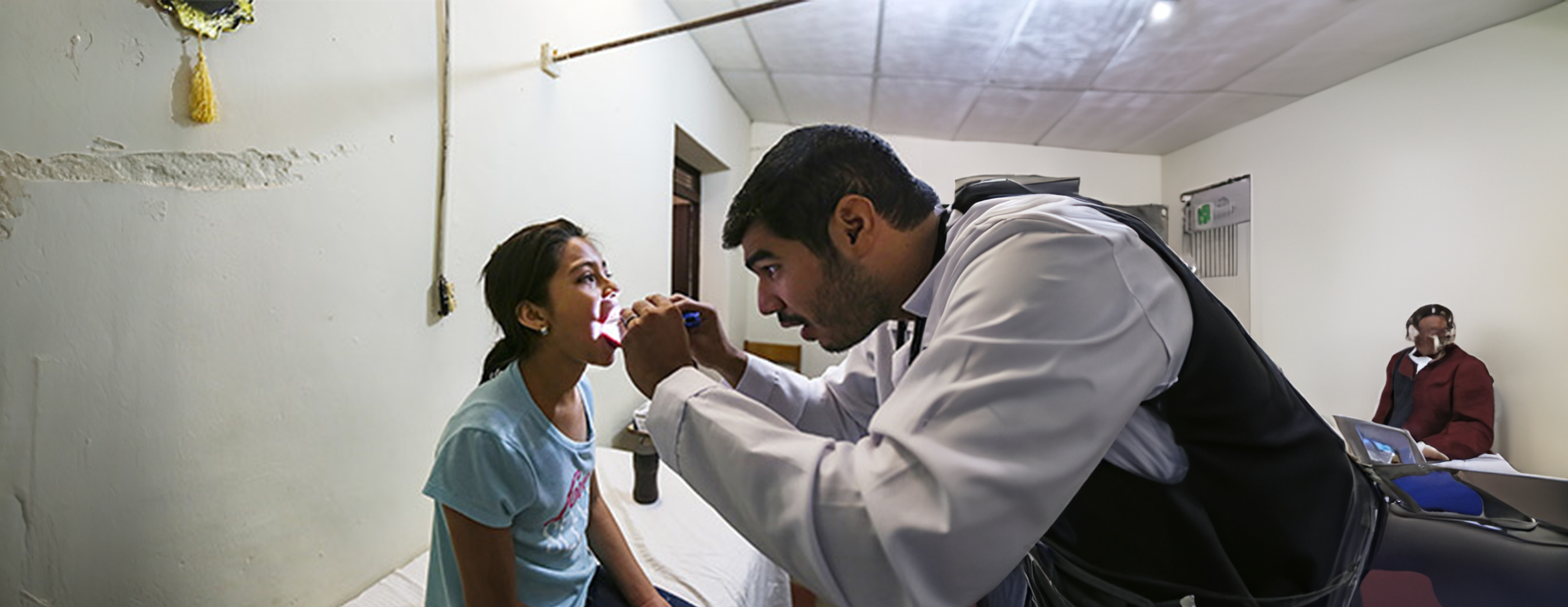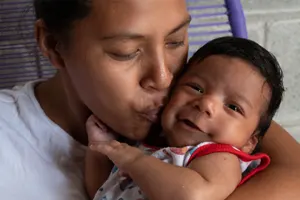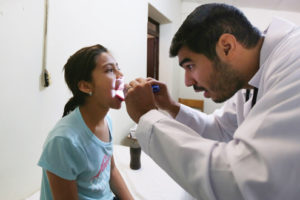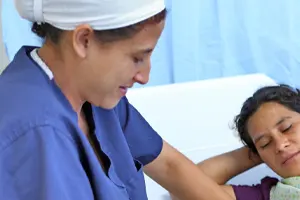How Poor Health Reinforces Poverty
Improving the health of poor families is a powerful step toward breaking the cycle of poverty, but in regions like Latin America and the Caribbean, this is often hindered by significant barriers to healthcare access. When family members are healthy, they are better able to work, attend school, and contribute to their households and communities. However, in many remote and rural areas, healthcare facilities are located far from where people live, requiring long and costly travel over poor infrastructure, which discourages timely medical attention. Poor health can prevent adults from maintaining steady employment and often forces children to miss school, limiting future opportunities.
These challenges are compounded by a shortage of medical professionals, understaffed or poorly equipped clinics, and communication barriers with Indigenous or Afro-descendant populations, all of which limit access to preventive care, early diagnoses, and consistent treatment. Additionally, limited internet and mobile connectivity restrict telemedicine options that could help bridge the gap. Healthcare expenses for preventable or chronic illnesses can also drain already limited resources, making it harder for families to afford basic needs like food, housing, and education.
Yet, healthier children are more likely to thrive in school and eventually access better jobs, creating a ripple effect that can lift entire families out of poverty. When families no longer have to choose between medicine and rent, they can begin to invest in long-term goals. Improving public health—through access to clean water, vaccinations, maternal care, and affordable treatment—raises the overall quality of life and strengthens economic productivity. In this way, addressing health is not only essential for individual well-being but also a foundational strategy for sustainable poverty reduction across the region.



